We cordially invite you to the interdisciplinary workshop “After Networks: Reframing Scale, Reimagining Connections”, which will take place on April 16 and 17, 2025 at the SuperC of RWTH Aachen University. The event is organized in collaboration with Nathalia Lavigne, who is currently a fellow at the KHK c:o/re.
Abstract
In the last few years, we have witnessed an unprecedented crisis in the way social interactions have merged with the informational space. The current “space of the world”, as the artificial space of social media platforms has been called (Couldry, 2025), is designed and controlled by corporations with strictly business purposes, putting at risk a sense of community in a devastating way. How can the future of the internet be imagined beyond social media platforms? What can we learn from other networks or other notions of space devised by artists? In which ways can digital communication be grounded on equity, common ownership and sustainability? These are some of the questions that will be addressed during the workshop.
The interdisciplinary program, combining art and internet studies, puts together different approaches on how science and technology are configured in other spheres beyond academia. Gathering scholars, artists and activists who have been working on disruptive understanding of digital systems, this two-day event will discuss alternative ways to reimagine connections in contrast to increasingly monopolistic and financially motivated social media platforms.
The workshop includes an opening artist talk with Eduardo Kac, a keynote speech with the media scholar Lori Emerson, who is launching her new book “Other Networks: A Radical Technology Sourcebook” (Anthology Editions, 2025) and a round table focused on a community-centered perspective of networks.
The full program can be found in this document.
If you would like to attend, please register with: events@khk.rwth-aachen.de
Speakers
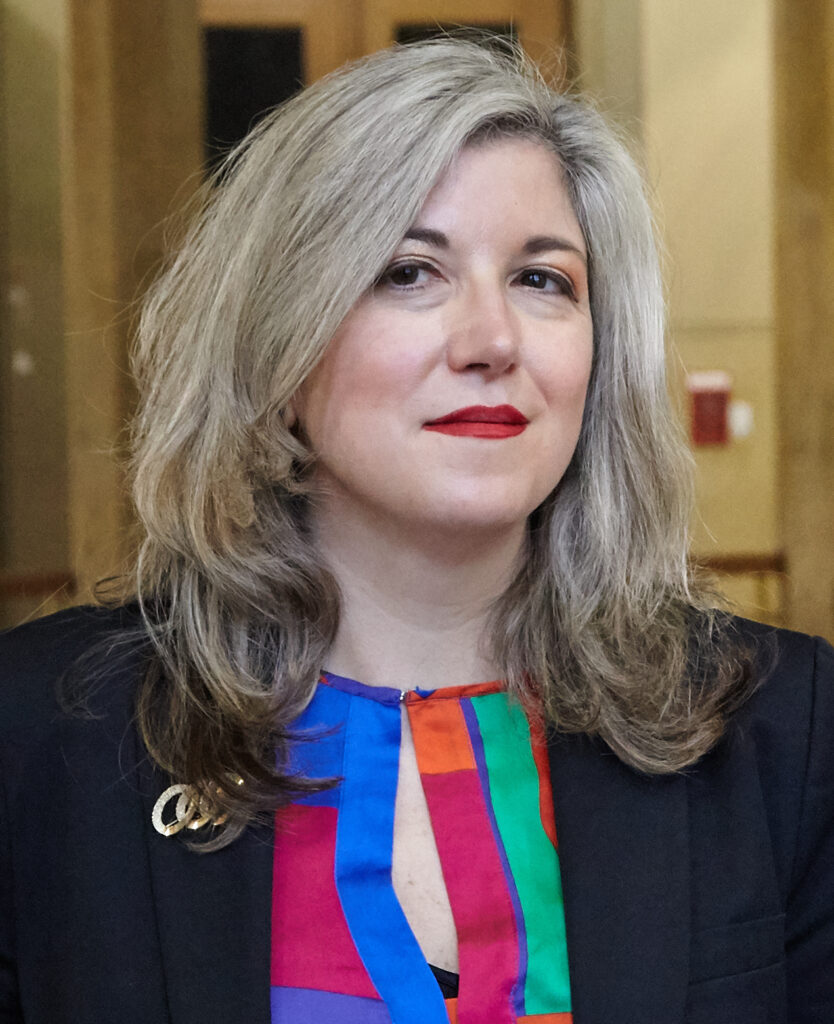
Tatiana Bazzichelli is the founder and director of the Disruption Network Lab, a non-profit organisation in Berlin that explores the intersection of politics, technology and society (www.disruptionlab.org). Her work focuses on whistleblowing, network culture, art and activism. Since September 2023 she is the director of the Disruption Network Institute: Investigating the Kill Cloud, a new centre for investigation and empirical research into the impact of artificial intelligence on new technologies of war, automated weapons and networked warfare (https://disruption.institute). She is the author of Whistleblowing for Change (2021), Networked Disruption (2013), Disrupting Business (2013) and Networking (2006). She was a member of the Transparency International Anti-Corruption Award Committee 2020. In 2019-2021, she was appointed by the Federal Government and the City of Berlin as a jury member for the Hauptstadtkulturfonds (Capital Cultural Fund), and in 2020-2023 she was a jury member for the Kulturlichter Prize, a new award for digital cultural education in Germany. For three years until 2014, she was a curator at the transmediale art & digital culture festival in Berlin, where she developed the year-round programme reSource transmedial culture Berlin and curated several conferences, workshops and art projects.
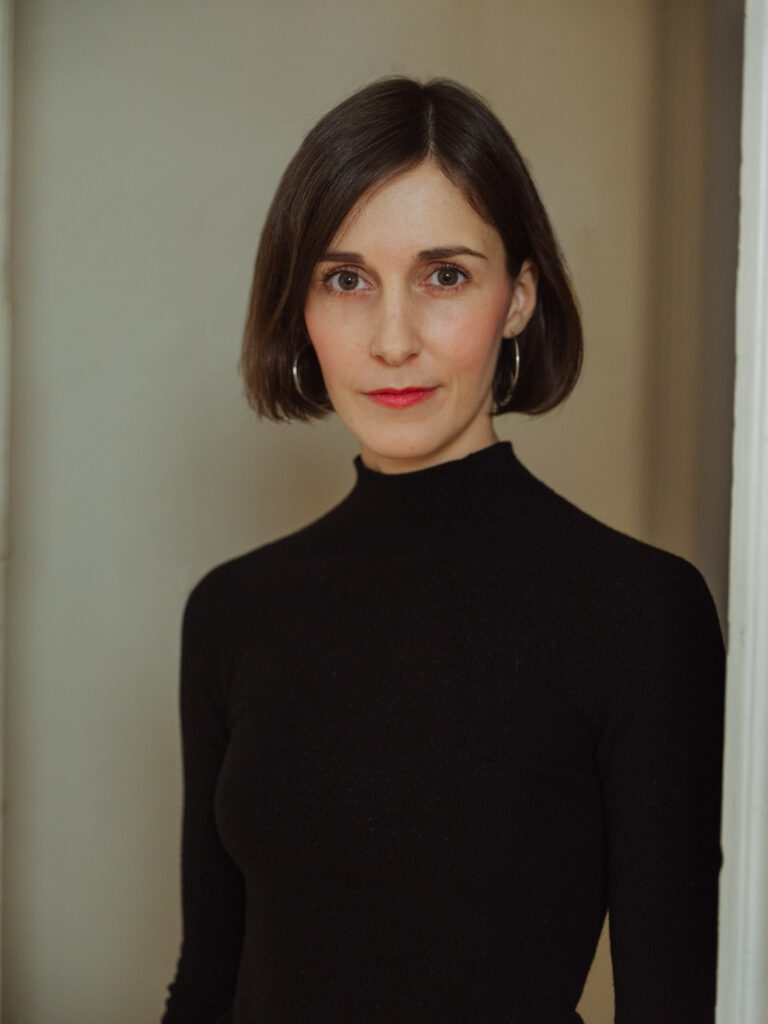
Lisa Deml [she/her] is an independent curator and writer based in Berlin. Initially trained as a journalist, she subsequently worked for public institutions and non-profit organisations, including Haus der Kulturen der Welt (HKW), Berlin; Haus der Kunst, Munich; and Ashkal Alwan, Beirut. Most recently, she curated the exhibition ‘Like Snow in the Middle of Summer’ with works by the Lebanese artist Rabih Mroué as part of Manifesta 15 (Granollers, 2024) and the international symposium ‘After Memory’ in collaboration with Víctor Fancelli Capdevila and Nathalia Lavigne and in partnership with ZKM | Center for Art and Media (Karlsruhe, 2024). As of March 2025, Marie-Sophie Dorsch and her are joint artistic directors of Halle für Kunst Lüneburg e.V.
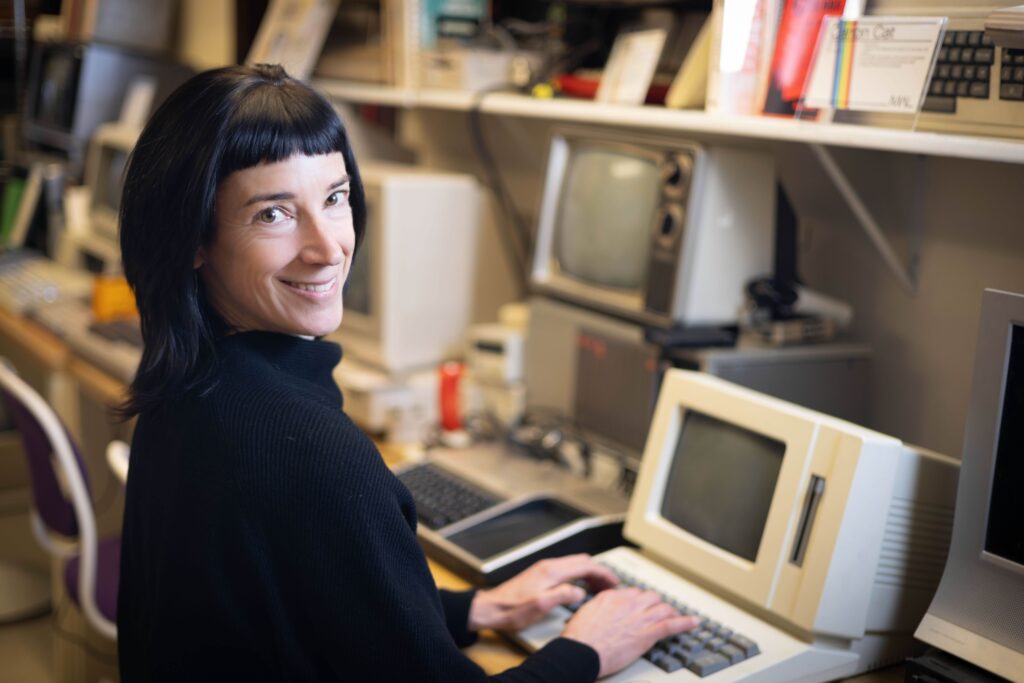
Lori Emerson is an Associate Professor of Media Studies and Associate Chair of Graduate Studies at the University of Colorado Boulder. She is also the Founding Director of the Media Archaeology Lab. Her most recent book is Other Networks: A Radical Technology Sourcebook (Anthology Editions, 2025), now available for pre-order. She is also co-author of The Lab Book: Situated Practices in Media Studies (with Darren Wershler and Jussi Parikka), author of Reading Writing Interfaces, and co-editor of three collections. Her research focuses on uncovering crisis points in past media, or, points at which there was the possibility, never fully realized, for technologies to become “other” than what they are now. Lori Emerson also tries to undo established narratives of how contemporary technologies came to be by looking at artists and writers’ experiments with, for example, network technologies.
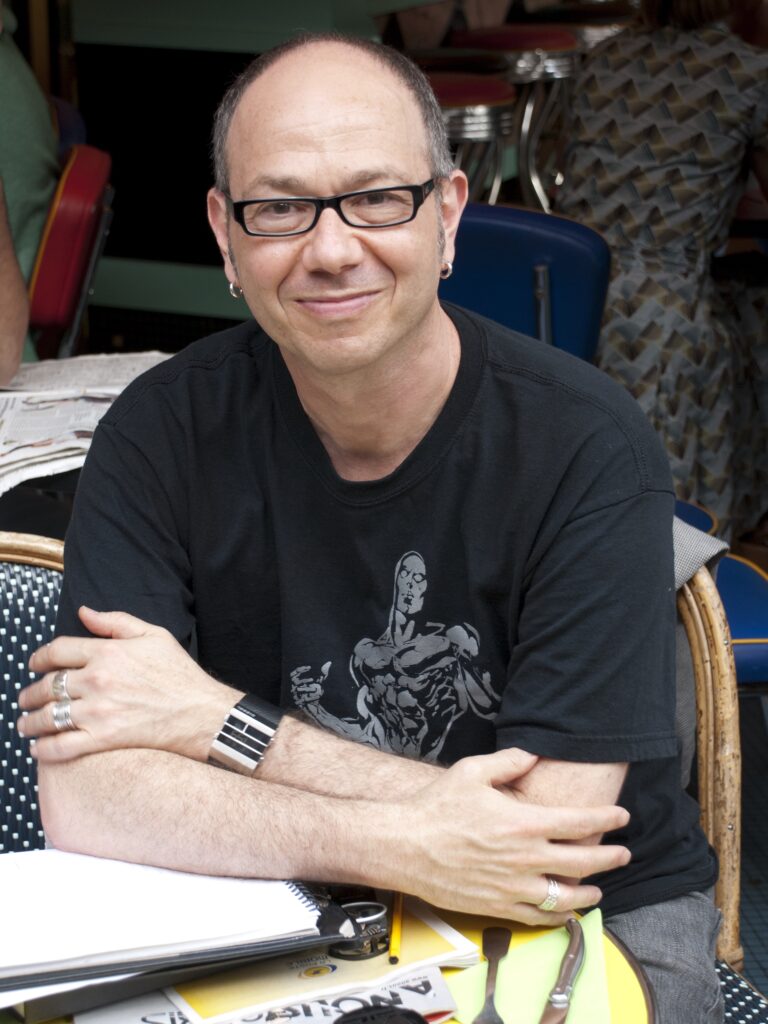
Eduardo Kac is internationally recognized for his groundbreaking work in contemporary art and poetry. In the early 1980s, Kac created digital, holographic and online works that anticipated the global culture we live in today, composed of ever-changing information in constant flux. In 1997 the artist coined the term “Bio Art,” igniting the development of this new art form with works such as his transgenic rabbit GFP Bunny (2000) and Natural History of the Enigma (2009), which earned him the Golden Nica, the most prestigious award in the field of media art. GFP Bunny has become a global phenomenon, having been appropriated by major popular culture franchises such as Sherlock, Big Bang Theory and Simpsons, and by writers such as Margaret Atwood and Michael Crichton. In 2017, Kac created Inner Telescope, a work conceived for and realized in outer space with the cooperation of French astronaut Thomas Pesquet. In 2024, Kac’s Ágora flew to deep space aboard the Centaur rocket and is now in a perpetual heliocentric orbit. Kac’s Adsum landed on the Moon in 2025. Kac’s singular and highly influential career spans poetry, performance, drawing, printmaking, photography, artist’s books, early digital and online works, holography, telepresence, bio art, and space art. Read more.

Nathalia Lavigne [she/her] works as an art researcher, writer and curator. Post-doctoral fellow at MAC USP, she has a PhD from FAUUSP (University of São Paulo), with a dissertation entitled “(De) musealizations and practices of countercollecting in instantaneous archives.” During her PhD, she was a visiting researcher at The New School (NYC) and Humboldt Universität zu Berlin. She also has a master’s degree in Critical Theory and Cultural Studies from Birkbeck, University of London. Her research interests involve topics such as social documentation and circulation of images on social networks, cultural criticism, museum and media studies and art and technology. She writes for several art magazines, including Artforum, Contemporary &, ZUM (Instituto Moreira Salles) and Humboldt (Goethe). As a curator, she has held exhibitions such as “Against, Again: Art Under Attack in Brazil” (2020), at Anya and Andrew Shiva Gallery (John Jay College, CUNY, NYC) and “Tactics of Disappearance” (2021), at Paço das Artes (São Paulo). Since July 2024, she is a fellow at the KHK c:o/re.

Geert Lovink is a Dutch media theorist, internet critic and author of Uncanny Networks (2002), Dark Fiber (2002), My First Recession (2003), Zero Comments (2007), Networks Without a Cause (2012), Social Media Abyss (2016), Organization after Social Media (with Ned Rossiter, 2018), Sad by Design (2019) and Stuck on the Platform (2022). He studied political science at the University of Amsterdam (UvA) and received his PhD from the University of Melbourne. In 2004 he founded the Institute of Network Cultures (www.networkcultures.org) at the Amsterdam University of Applied Sciences (HvA). His centre organizes conferences, publications and research networks such as Video Vortex (online video), The Future of Art Criticism and MoneyLab (internet-based revenue models in the arts). Recent projects deal with digital publishing experiments, critical meme research, participatory hybrid events and precarity in the arts. From 2007-2018 he was media theory professor at the European Graduate School. In December 2021 he was appointed Professor of Art and Network Cultures at the UvA Art History Department. The Chair (one day a week) is supported by the HvA. Since early 2022 he is involved in support campaigns for Ukrainian artists, in particular UKRAiNATV, a streaming art studio network, operating out of Krakow.
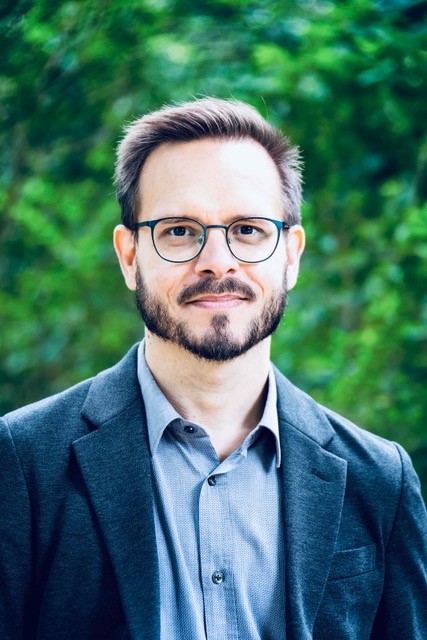
João C. Magalhães is an Assistant Professor in Media, Politics, and Democracy at the University of Groningen in the Netherlands, and an incoming Senior Lecturer in AI and Trust at the University of Manchester, UK. His work concerns the multiple intersections of platforms and politics. In 2024, he started a 4-year project on the (re)making of content moderation, funded by a Veni grant from the Dutch Research Council.
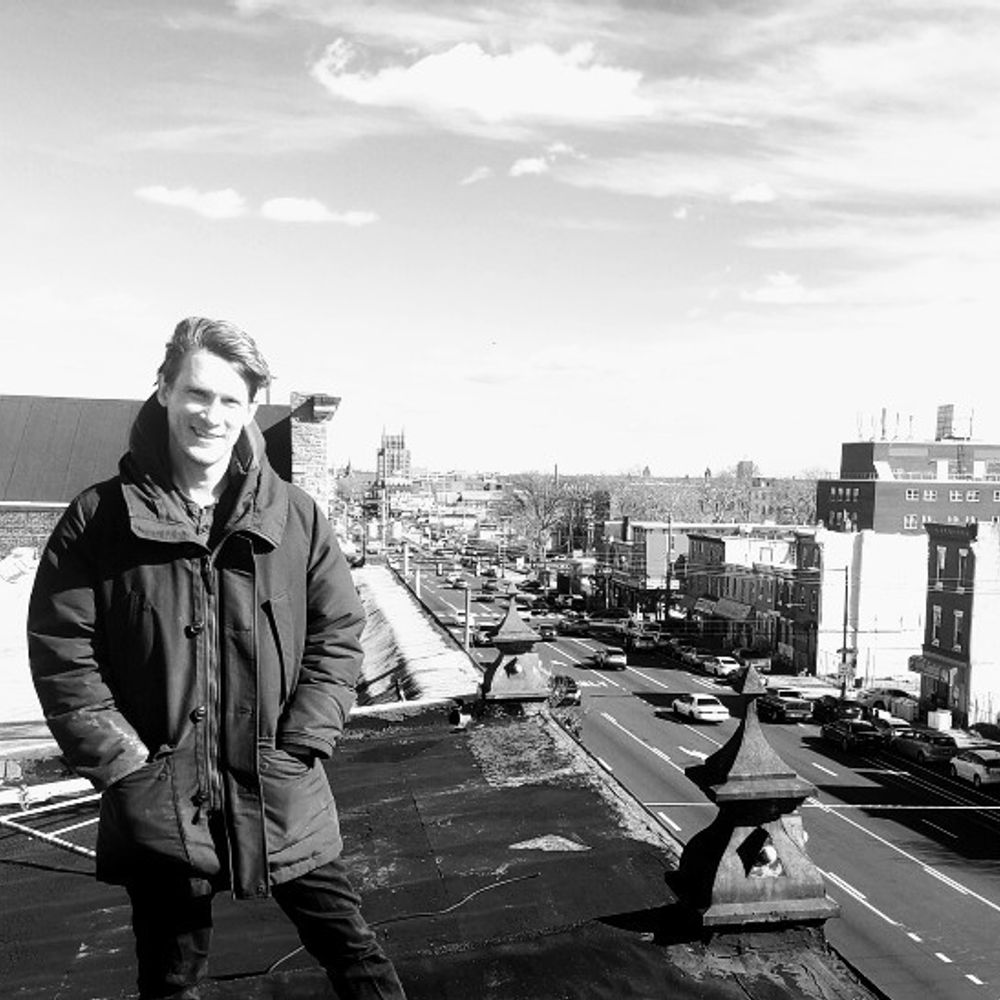
Alex Wermer-Colan is a co-founder, long-time volunteer, and Executive Director of Philly Community Wireless. A resident of North Philadelphia, Alex has contributed to all facets of Philly Community Wireless’ growth and operations, including conducting installs throughout the coverage area, engaging in community outreach with residents and organizations, training and teaching volunteers and staff, overseeing software and networking infrastructure, and developing policies and fundraising strategies to sustain the organization. In addition to his work with Philly Community Wireless, Alex works as the Academic and Research Director at Temple University Libraries’ Loretta C. Duckworth Scholars Studio, where he supports research and teaching with emerging technologies across the disciplines. Alex holds a PhD in English literature with a focus on critical theory from the City University of University of New York’s Graduate Center. Alex serves as the Managing Editor for the Programming Historian in English, and his writing, translations, and dramaturgical work have in such publications as The Los Angeles Review of Books, New Directions, Harpers, New Criterion, PAJ: A Journal of Performance and Art, Twentieth Century Literature, The Yearbook of Comparative Literature, dh+lib, Debates in the Digital Humanities, The Journal of Interactive Technology and Pedagogy, Indiana University Press, and Lost & Found: The CUNY Poetics Document Initiative.

Bruna Zanolli is a specialist in community-centered connectivity and digital care, grounded in intersectional feminism, social and climate justice, and popular education. With 15+ years of experience and research in community radio, autonomous networks, and local technologies, she works to advance public-interest technologies. Bruna supports community networks in the Global South through the Local Networks project (in collaboration with Rhizomatica and APC) and contributes to Brazil’s telecom regulator Anatel on the Community Networks Committee, advocating for inclusive policies and sustainable funding. A Mozilla Open Web Fellow (2018/19) alumni, Bruna is part of the Transfeminist Digital Care Network and APC’s Feminist Internet Research Network (FIRN). She holds a master’s in Communication and Culture from MediaLab UFRJ and is a dedicated FLOSS enthusiast.
Header Image:
© Illustration of SSTV event “Still Life Alive” (by Carlos Fadon Vicente) which also included “Intercities São Paulo / Pittsburgh” from 1988, organized by the Digital Art Exchange (headed by artist Bruce Breland) [from DAX archives, Carnegie Mellon University, “Intercities Sao Paul-Pittsburgh” Jan. 25, 1988 Letter of May 31 to Breland/Kocher from Matuck FF44].



One Comment
Comments are closed.